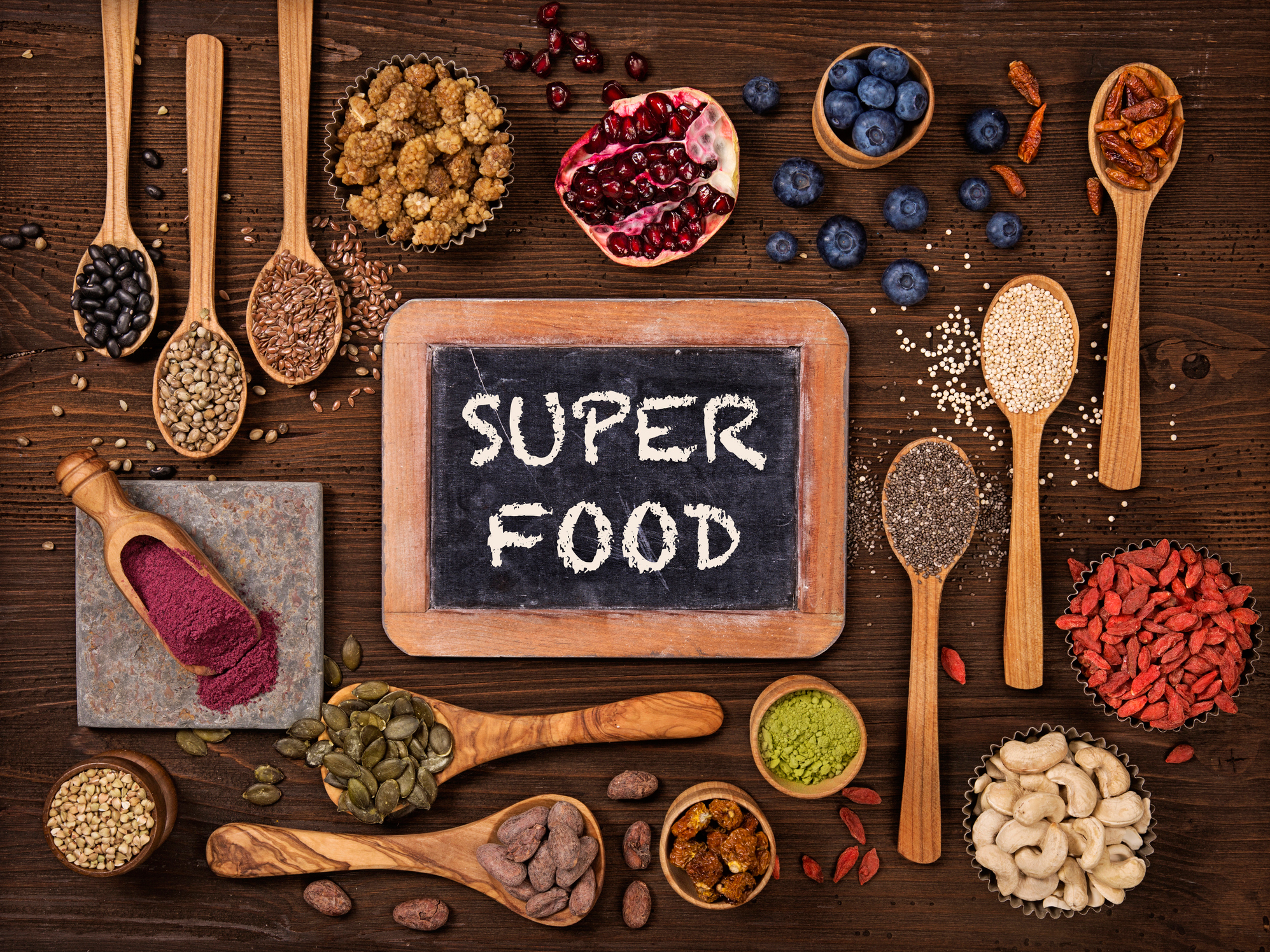Get Easy Health Digest™ in your inbox and don’t miss a thing when you subscribe today. Plus, get the free bonus report, Mother Nature’s Tips, Tricks and Remedies for Cholesterol, Blood Pressure & Blood Sugar as my way of saying welcome to the community!
When this superfood can be super bad for you

In recent years, kale has risen to the top of the pile as a superfood.
It’s been hailed as one of the most nutrient-dense foods on the planet.
In other words, it’s got a ton of nutritional value but few calories.
Kale is rich in Vitamin A, which protects your eyesight and your immune system, and vitamin K, which is important for heart and cognitive health, and allows your blood to clot.
Kale also has an abundant supply of manganese, a mineral that appears to have a role in bone health and blood sugar regulation. When combined with glucosamine, manganese helps reduce the inflammation of osteoarthritis.
Not only is this veggie unusually crunchy, adding a nice “bite” to your salads. It’s been baked into chips, and thrown into smoothies.
But I hate to be the one to tell you: There are some problems with this wonder of the vegetable world.
One trouble comes from pesticides. The other, from our love affair with kale.
Let me explain…
The dirtiest vegetable
The sad truth is that kale is the most polluted vegetable around.
Every year at this time, the Environmental Working Group puts out its “Dirty Dozen,” its list of the most pesticide-ridden fruits and vegetables, based on testing of many, many samples.
This year, kale is on the list. Not only that, it’s in the top three. Last year, it didn’t even make the cut.
Almost sixty percent of kale samples tested positive for dacthal, a weed killer that was banned in the European Union in 2009.
EPA reports state that no in-depth studies have been done on whether dachtal or the chemicals it breaks down into are cancer-causing. However, the National Library of Medicine lists the herbicide as a Group C human carcinogen.
This basically means that there is evidence that it could cause cancer, but more research is needed.
So, your kale salad or smoothie might cause cancer, or it might not. Kind of like playing Russian roulette, isn’t it?
Your odds might be a little higher with the pesticides bifenthrin and cypermethrin. The EWG found that 30 percent of kale samples were contaminated with these two chemicals, classified by the EPA as possible human carcinogens.
In addition, excessive exposure to either of these chemicals could cause nausea, headaches, and neurological issues, including tingling and numbness.
Even if it were clean, too much kale can be a problem
Let’s suppose for a moment that the kale you’re eating is clean as a whistle. There are still times when it could pose a health risk for you.
The expression “too much of a good thing” applies here.
Kale contains a chemical called progoitrin, which can interfere with the production of thyroid hormones. It can block the iodine your thyroid needs to function, and cause unhealthy swings in your blood sugar and your weight.
Of course, you’d have to eat an awful lot of kale for that to happen. However, if you eat kale on a daily basis, it might be a good idea to check with your doctor if you know or suspect that you have any thyroid issues.
How to avoid eating a “pesticide salad”
If kale is something you enjoy and eat for its health benefits, we’re not suggesting you give it up. However, it’s good to know what you’re up against.
There are ways to minimize your risk.
Buy organic. Locally grown and organic fruits and vegetables are far safer than those you grab off the produce pile in your supermarket. If you know a local grower, all the better.
Wash your produce. A diluted dish soap and water mixture is a good choice. Just rinse your produce after washing. And, for fruits and veggies that lend themselves to being peeled, you can lower your exposure a bit more by peeling them.
Know your dirty dozen. Visit the Environment Working Group website to get the latest Dirty Dozen and Clean Fifteen lists, updated yearly.
Grow your own. Here’s a comprehensive guide to growing a backyard organic garden.
Sources:
- Kale Is Now One of The Most Pesticide-Contaminated Vegetables — ScienceAlert
- Kale might be bad for you in some cases — here’s when you should be careful about eating it — INSIDER
- Summary from the Health Advisory (HA) for Dacthal and Dacthal Degradates (Tetrachloroterephthalic Acid and Monomethyl Tetrachloroterephthalic Acid) — Health and Ecological Criteria Division (HECD), Office of Science and Technology (OST), Office of Water (OW) for Office of Groun
- COMMISSION DECISION of 23 September 2009 concerning the non-inclusion of chlorthal-dimethyl in Annex I to Council Directive 91/414/EEC and the withdrawal of authorisations for plant protection products containing that substance — Official Journal of the European Union














